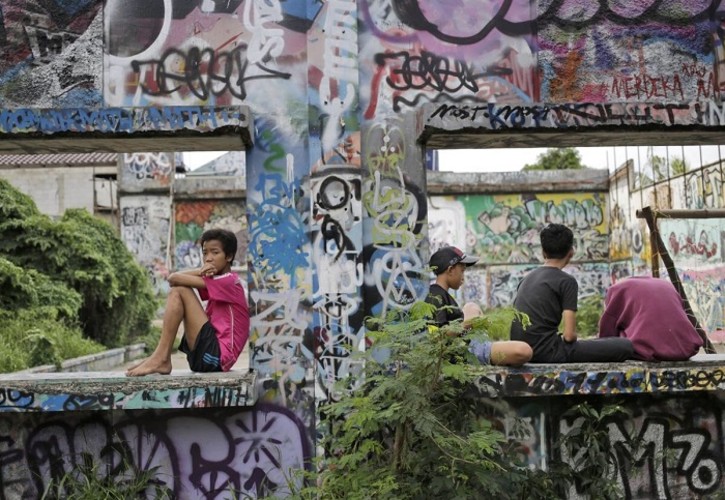by DANAU TANU, ANTJE MISSBACH, & DAVE LUMENTA

In the coming April 2019 presidential election, 79 million, or 42 per cent, of Indonesian voters will be aged 17 to 35 according to recent data. This cohort also forms a part of the demographic bonus that Indonesia is predicted to enjoy in 2030 to 2040 when the working-age population (15 to 64 year olds) is greater than the non-working-age population. But the demographic bonus will not arrive automatically, nor will the young vote be delivered without effort. With only just over half of eligible young voters participating in the last election in 2014, there has been much headscratching over the political apathy of this generation. Indeed, very little has been said of why the current generation of Indonesian youth are not relishing the opportunity to participate in the democracy for which their predecessors fought.
As politicians scramble to capture the so-called millennial vote, much of the effort has focused on trying to out do the others at being millennial-like through social media and such. Yet, these flashy branding tactics only target a small, privileged segment of young voters. Most, as the articles in this edition show, are still struggling with basic needs such as access to education and jobs, while government policies tend to address symptoms rather than underlying structural issues despite efforts to do otherwise.
This edition aims to offer some insights into the views of young people in Indonesia through exploring how they see their current and future roles in society, their economic opportunities and their perceptions of the media, authority, diversity and tolerance.
This is the first generation of young adults born after the New Order. Whilst much is known about the role of youth before and during the fall of Suharto’s New Order, we know little about the political views and the engagement of contemporary youth. Some scholarship has captured concurrent but opposing trends among the growing middle classes, such as westernisation and islamisation or individualism and an admiration for populist ideas, but many questions remain about what place this generation will earn within the national narrative.
The edition
Ariane Utomo, Iwu Utomo and Peter McDonald’s large, longitudinal study opens this edition by giving us a rare glimpse of the struggles that young people in Jakarta and its satellite cities go through as they transition into adulthood. The study follows a few thousand 20 to 35 year olds over eight years, documenting various aspects of their lives, including education, job search and married life, and their eating habits and sex life. One of its key takeaways is that a lack of educational pathways for young adults perpetuates the intergenerational cycle of poverty, which affects all other areas of their lives. More pertinently, those who are stuck in this cycle have been forgotten in the current public debate about millennials.
Inside Indonesia for more
